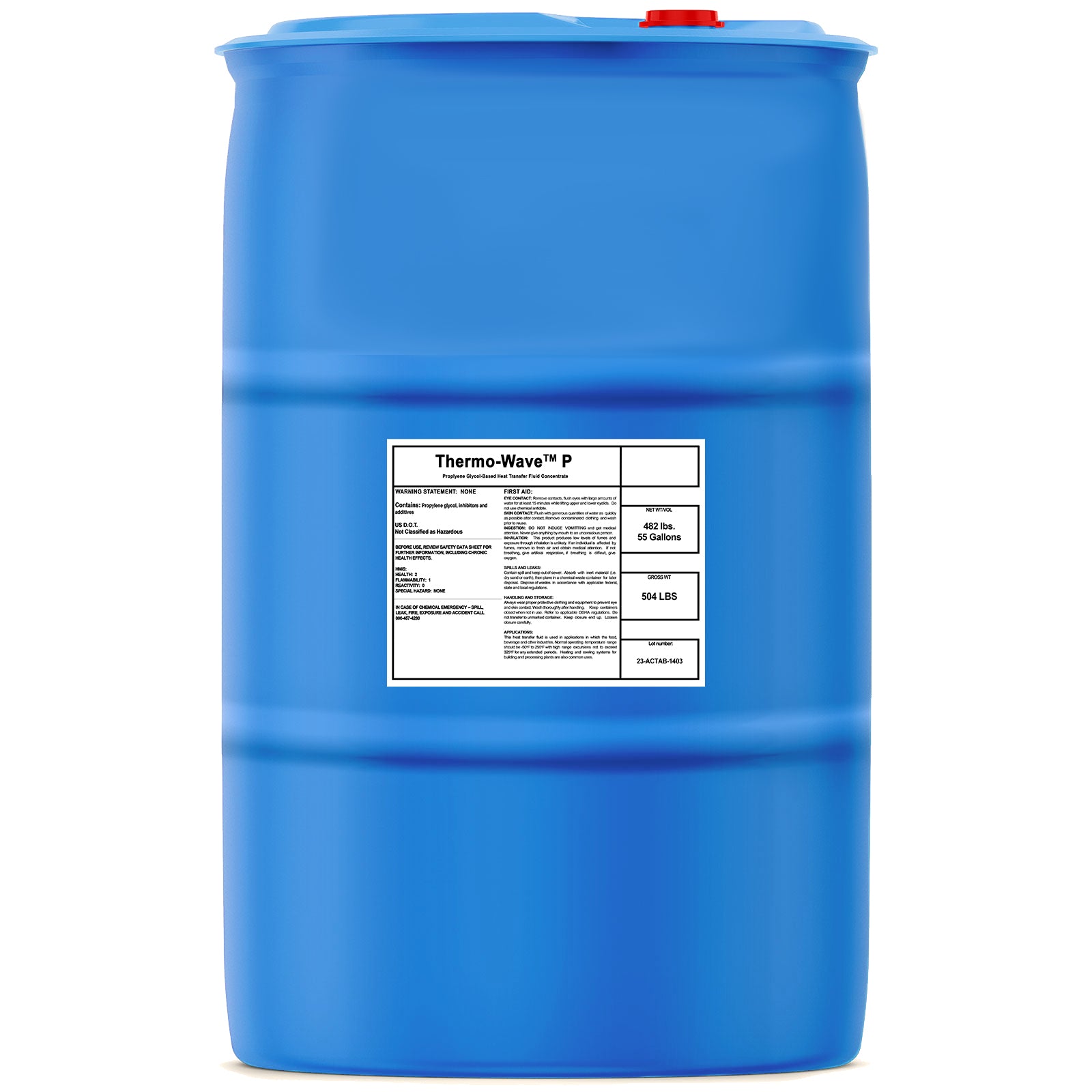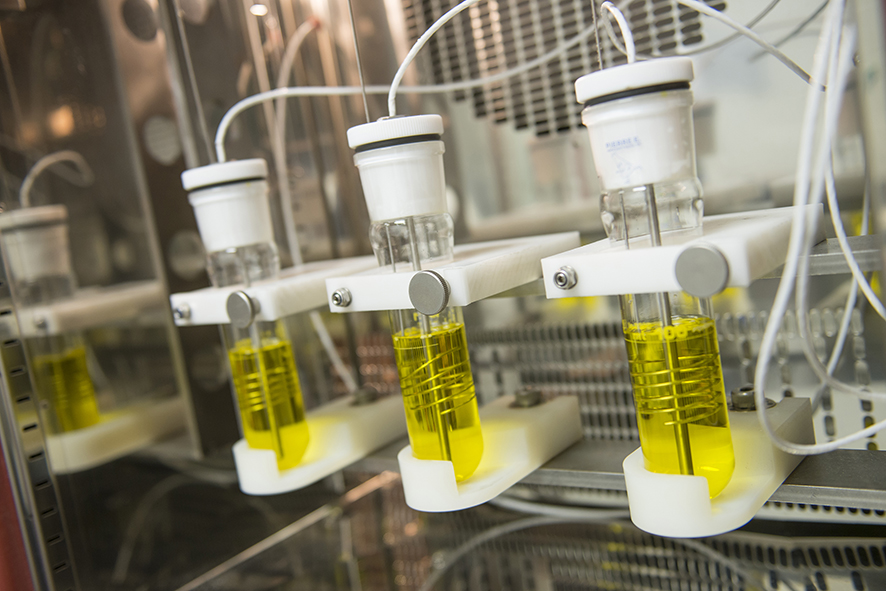The Role of Warmth Transfer Fluid in Enhancing System Performance and Safety
In the ever-evolving landscape of commercial processes, warmth transfer liquids (HTFs) arise as pivotal components in enhancing both system efficiency and safety and security. These specialized fluids, known for their remarkable thermal conductivity and regulated viscosity, make it possible for efficient warm exchange, which is important for streamlined operations. Nonetheless, the influence of HTFs prolongs beyond plain performance; their fundamental thermal stability and reduced flammability substantially add to risk mitigation. As sectors face the requirement for high-performance and secure procedures, understanding the nuanced function of HTFs comes to be vital. However what precisely makes HTFs so necessary in today's commercial frameworks?
Understanding Warm Transfer Liquids
Warm transfer fluids, frequently thought about the lifeblood of thermal management systems, play a pivotal function in regulating temperature level across numerous commercial applications - heat transfer fluid. Industries such as chemical processing, power generation, and manufacturing count on heat transfer liquids to make certain equipment operates successfully and safely.
The choice of a proper heat transfer liquid is critical to the success of a thermal administration system. In recap, a thorough understanding of heat transfer fluids is crucial for maximizing system efficiency, making sure functional safety, and attaining cost-effective thermal monitoring solutions.
Secret Residence of HTFs

The particular warmth capacity of an HTF defines the quantity of heat power called for to change its temperature, impacting how efficiently the system can respond to temperature variants. The boiling and freezing factors of HTFs additionally play a pivotal function, particularly in systems exposed to severe temperature levels, guaranteeing fluid stability and stopping stage adjustments during procedure.
Enhancing System Performance
To enhance system efficiency with warmth transfer fluids (HTFs), it is vital to integrate an extensive method that takes into consideration both liquid buildings and system design. The selection of a suitable HTF is crucial, as its thermal conductivity, viscosity, and particular heat capability straight influence the effectiveness of warm exchange. High thermal conductivity guarantees quick warm transfer, while optimum thickness helps with smooth flow with the system, minimizing power usage. Furthermore, a high particular warm capability permits the liquid to shop and move more thermal power, enhancing total system efficiency.
Similarly crucial is the design of the warm transfer system itself. The surface area and product of heat exchangers must be optimized to optimize warm transfer performance.
Boosting Operational Security
Making sure functional safety in warmth transfer systems requires a careful concentrate on both the properties of heat transfer liquids (HTFs) and the style and maintenance of the entire system. HTFs must possess thermal security, reduced flammability, and proper viscosity to minimize risks such as leakages, fires, look at these guys and system breakdowns. Picking the ideal HTF is important as it identifies the system's capacity to deal with temperature variations without jeopardizing safety and security.
The style of the system need to integrate redundancies and fail-safes to manage prospective threats efficiently. This includes the integration of safety why not try this out and security shutoffs, stress relief devices, and temperature monitoring systems to find and deal with anomalies immediately. Routine maintenance is necessary to make sure that all parts, including pumps, pipelines, and seals, are operating correctly and are cost-free from wear or corrosion, which might cause hazardous leakages or failures.
Furthermore, workers accountable for the operation and maintenance of warm transfer systems should be effectively learnt security procedures and emergency response treatments. Consistent training programs and safety and security drills can significantly minimize the chance of crashes, guaranteeing a much safer working atmosphere. Ultimately, a detailed strategy to safety and security-- including liquid choice, system style, and labor force training-- is essential for optimal functional protection.
Sector Applications of HTFs
Commonly made use of across different industries, heat transfer liquids (HTFs) play an important duty in enhancing the efficiency and integrity of thermal administration systems. In the chemical sector, HTFs are indispensable for maintaining accurate temperatures during reactions, guaranteeing product uniformity and quality. They facilitate heat exchange procedures in activators, condensers, and heat exchangers, thereby maximizing energy use and lessening waste.
In the oil and gas sector, HTFs are utilized in both upstream and downstream operations. They manage temperature level in drilling procedures and enhance performance in refining processes by offering secure thermal problems. This causes reduced downtime and boosted security, specifically in important procedures such as distillation and cracking.
The eco-friendly power sector likewise benefits significantly from HTFs, specifically in concentrated solar energy (CSP) look these up plants. Below, HTFs move captured solar energy to power generators, allowing effective electrical energy generation. The pharmaceutical sector depends on HTFs for exact temperature control in both synthesis and storage space, making certain product efficiency and safety.


In addition, the food and beverage industry makes use of HTFs for pasteurization, sanitation, and food preparation processes, enhancing both product safety and production performance. Throughout these industries, HTFs act as crucial components in maintaining ideal functional performance and security.
Verdict
Warmth transfer fluids are necessary in boosting commercial system performance and safety by providing high thermal conductivity, ideal viscosity, and thermal security. Proper selection and upkeep of HTFs boost warmth exchange effectiveness, therefore enhancing operational efficiency. The low flammability of these fluids is crucial for lessening risks and guaranteeing safe operations. Comprehensive workers training and regular upkeep further support the dependability and effectiveness of industrial procedures, solidifying the crucial function of HTFs in diverse applications.